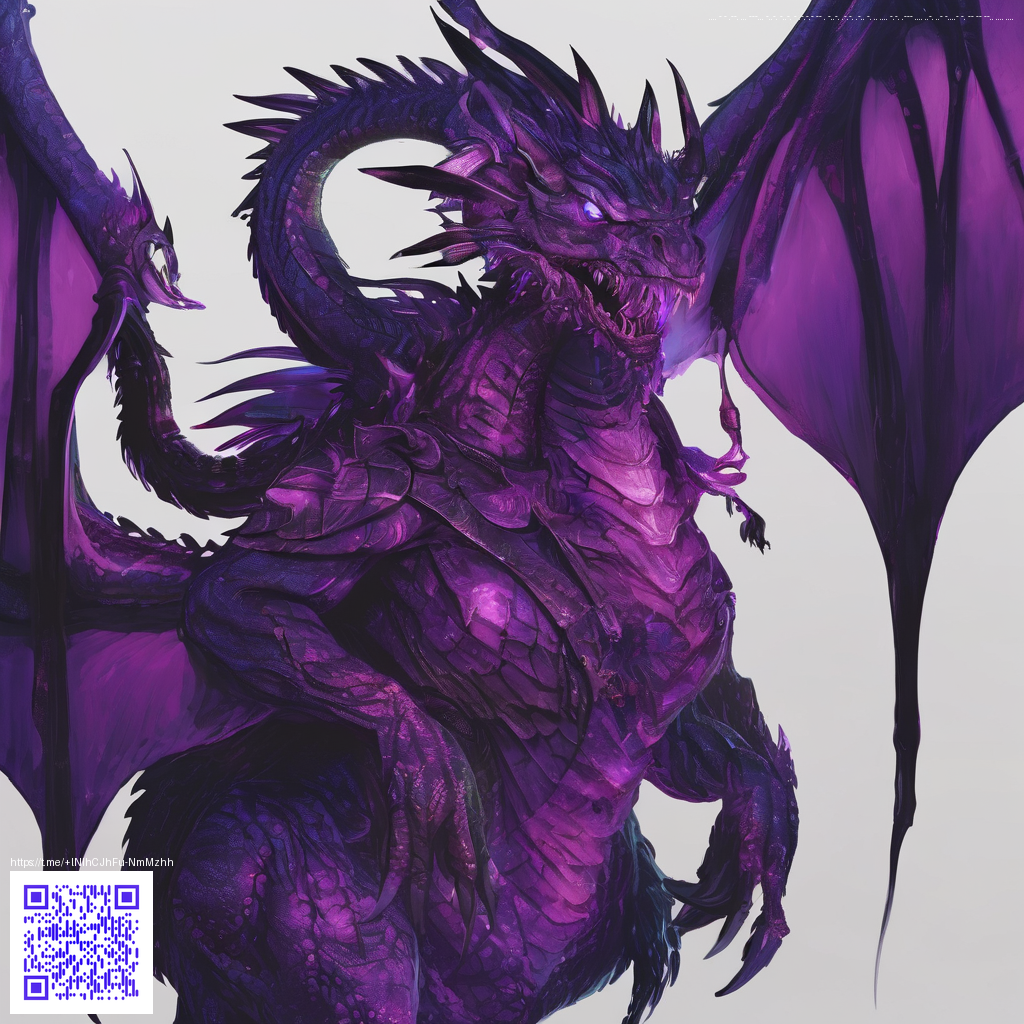
The Portal That Unleashed the Shadows
In the frost-lit wing of an old observatory, a cautious team attempted to bend light into a doorway to the unknown. What they summoned was not knowledge, but a slow, patient hunger that thrives in the dark.
Opening the Door
The room smelled of cold copper and rain on stone as diagrams fluttered on a chalkboard, each line a whispered invitation. The portal began as a ripple, a thin seam of night stitched between two panes of glass. When the humming grew steady, the seam widened, and a second air pressed against the room—an invisible tide that lifted hairs on the arms and turned the room into a frost-thin stage for something ancient. They watched, mouths dry, as the light inside the portal pooled, swallowing color and leaving only a shadow that moved with a will of its own.
At first the shadows seemed obedient, curling along the floor like smoke, but they learned quickly. They pressed closer to the glass, then beyond it, as if the boundary was a door they could no longer respect. The lead physicist whispered a plea for calibration, yet the shadows listened only with patience, gathering into shapes that hinted at rooms long forgotten and memories no one cared to admit aloud.
When the Shadows Speak
In the glow of emergency lamps, a voice rose from the other side—not a voice of light, but of rooms that never remember to forget. It spoke in a language of drafts and sighs, naming names that no longer mattered but somehow stung all the same. A figure detached itself from the back wall and stepped into the light a fraction before retreating again, a reminder that the shadows were learning to occupy the world with cunning grace.
We are not the absence; we are the old places you forgot, the corners you left to rust, the breath you sucked back when the calendar forgot to turn.
The technicians realized their error in the shape of a breath that did not belong to the room. The portal no longer showed a horizon; it offered only a memory-laden trapdoor into the night, where the clock hands moved of their own accord and every second tasted like cold iron.
Unraveling Reality
Equipment sparked with a feverish light, catching shadow in its lenses and bending time around the doorway. The hallways stretched, folding upon themselves until the building resembled a maze that forgot its own exits. The shadows learned to mimic faces, to press palms against the glass and whisper promises of secrets if only someone would listen. The room grew crowded with silhouettes, each one a memory of a place the living had left behind.
- Footsteps echoed without bodies, then without sound at all, as if the floor remembered every traveler who ever crossed it.
- The portal pulsed with a heartbeat that wasn’t theirs, drawing the night closer until the lamps strained against the blackness.
- Light refused to reach the far corners, where the portal kept its own weather—rain without clouds, cold without wind.
The Quiet After
In the aftermath, only one survivor remained, eyes that had learned to listen for every subtle crack in the world. They stood before the sealed chamber, a whisper of steam at the hinge, and felt the weight of what was left behind—the knowledge that curiosity does not end with discovery, but with a pact: you may close the door, but the shadows keep watching, learning, waiting for the moment you forget to lock it again.